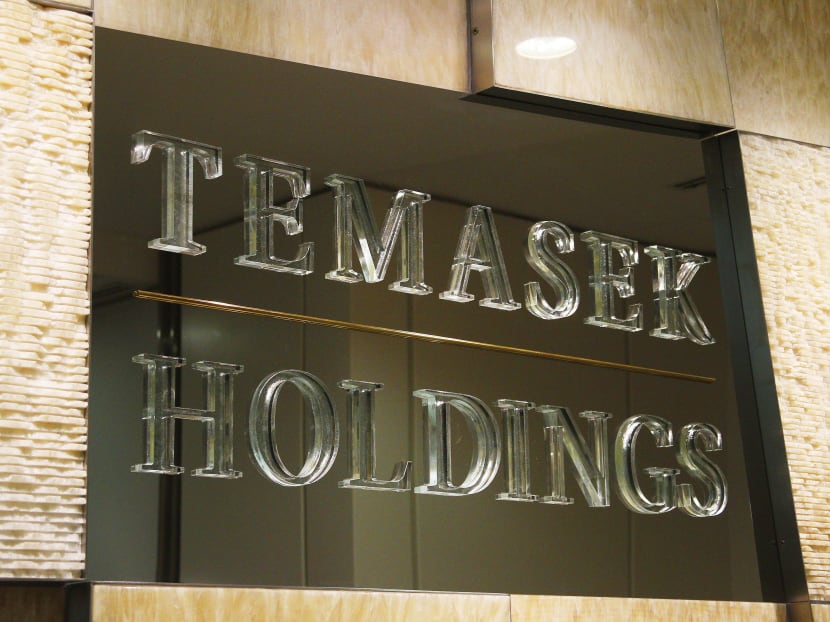Temasek to stay faithful to long-term mandate: Tharman
SINGAPORE — Allaying concerns from Members of Parliament (MPs) that Temasek Holdings’ inclusion into the Net Investment Returns (NIR) framework will pressure the Singapore investment company into focusing on short-term gains or otherwise affect its strategy, Deputy Prime Minister and Minister for Finance Tharman Shanmugaratnam said entities under the framework have to stay “faithful to their mandate”.
SINGAPORE — Allaying concerns from Members of Parliament (MPs) that Temasek Holdings’ inclusion into the Net Investment Returns (NIR) framework will pressure the Singapore investment company into focusing on short-term gains or otherwise affect its strategy, Deputy Prime Minister and Minister for Finance Tharman Shanmugaratnam said entities under the framework have to stay “faithful to their mandate”.
“The NIR framework does not set a target on the returns of the investment entities, they have to be faithful to their mandate. And their mandates, particularly in the case of Temasek and GIC, are to invest in the long term, aim to increase the value of their assets in the long term, to ride out the short-term cycles,” Mr Shanmugaratnam said today (July 13) before Parliament unanimously passed the constitutional change to include Temasek into the NIR framework.
The amendment allows the Government to spend up to 50 per cent of the expected long-term investment returns on Temasek’s net assets. Singapore’s two other investment entities, GIC and the Monetary Authority of Singapore (MAS), have been part of the NIR framework since it was implemented in 2009.
Mr Shanmugaratnam said including Temasek will provide the Government with additional fiscal resources in the years to come. It is estimated that the total NIR contribution to the Budget will be raised from 2 per cent of gross domestic product to 3 per cent on average over the next five years.
During today’s Parliament session, four MPs raised questions on the constitutional change. Among them, Nominated MP Associate Professor Randolph Tan asked whether the change will pressure Temasek to deliver short-term results to meet the demands of a growing budget, while Mr Liang Eng Hwa (Holland-Bukit Timah GRC) raised concerns that the investment company may be forced to trade its holdings in key Singapore entities to secure a certain level of return.
The MPs also spoke about maintaining fiscal prudence. “How disciplined we manage and use the reserves has a direct bearing on whether Singapore will continue to thrive and have a SG100 to celebrate,” Mr Liang said.
Addressing these concerns, Mr Shanmugaratnam said several safeguards are in place to ensure that the Government does not overspend when actual returns do not match that of the expected long term returns under the NIR. These include the 50 per cent cap as well as basing Government spending on real returns instead of nominal returns.
“This ensures that the value of our reserves is not eroded over time because of global inflation. It preserves the international purchasing power of our reserves,” he said.
“(The) NIR framework is based on expected long-term returns. The expected returns include both realised and unrealised capital gains. They hence do not depend on whether investments are divested, and capital gains realised,” he added.
Mr Shanmugaratnam also said that it is possible that the rate of return will be “structurally lower” in the future. In that case, the Government will have to adjust its spending accordingly or find alternative forms of revenues through domestic sources.
“That is the right approach, rather than asking the investment entities to take on risks in the search for yield in order we can still get the same amount from the NIR framework. And that is the approach we must take,” he said.
In all, Mr Shanmugaratnam said the inclusion of Temasek into the NIR framework will equip the Government with additional resources to make “critical investments in capabilities and infrastructure”.
“The framework commits us to sustaining the value of our reserves, and to achieving a fair and judicious balance between the interests of today and tomorrow: a balance between spending for today’s needs and saving for the future needs of today’s generation and generations to come.”







